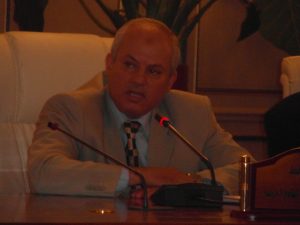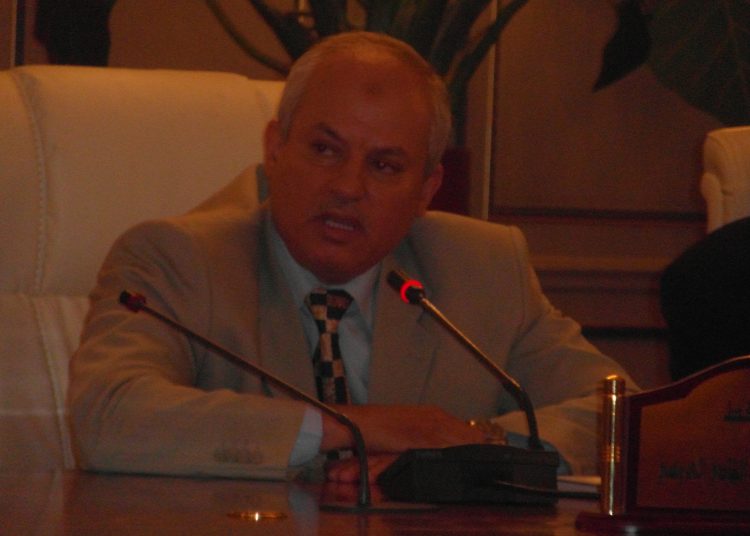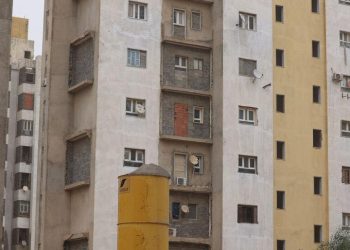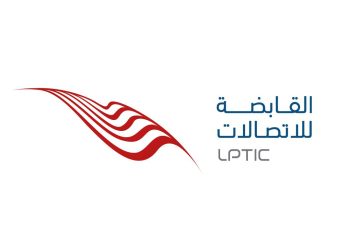
By Sami Zaptia.
Tripoli, 1 August 2013:
At yesterday’s press conference, Oil Minister Abdelbari Arusi announced that Libya’s oil production is down 70 percent due to armed stoppages at the various oil terminals.
Arusi said that production at Sidra, Ras Lanuf, Brega, and Herega were stopped due to armed industrial action. He said that only 30% was being produced at Zawia.
Together with the Prime Minister, Arusi condemned these armed strikes and blockades that were for purely personal demands, he said.
This is affecting the income of all Libyans, they argued. It will affect the life of everyone, including all budgets and projects.
Moreover, Oil Minister Arusi said that without oil there could be no electricity or water – for the whole of Libya.
Arusi and Zeidan were particularly perplexed and condemned the stoppage at Tobruk’s Hrega terminal. There had been no strike or armed stoppage there, but the Petroleum Facilities Guard (PFG) soldiers, part of the official Libyan army, had in sympathy with the other armed strikers, closed down the terminal.
The action of the PFG came in for extra criticism by both the PM and the Oil Minister. Zeidan noted that these soldiers are paid and trained by money belonging to the Libyan people, yet now they are using those arms against the Libyan people.
Zeidan highlighted the fact a new head of the PFG was appointed yesterday. He stressed that the former head had handed in his resignation, which he had accepted. He was not sacked. Zeidan implied that the PFG personnel striking at Hrega were doing so in sympathy with their former boss.
The Prime Minister hoped that the new PFG head would act as a soldier and not get engaged in employment affairs. The PFG soldiers should be carrying out the instructions of the government, not those of oil facilities’ employees, he added
Oil Minister Arusi said, with an air of sarcasm, that the definition of PFG job is in the title of their unit – they are supposed to guard oil facilities from outside attacks, not be the cause of the stoppage.
Both the PM and Arusi said that these actions were completely unacceptable and that the Libyan public should not accept them either.
In response to questions from the media as to what action his government was going to take against these armed strikers, Zeidan said that they were in constant contact with them and that negotiations were continuing.
However, he stressed, to the implied question of why was he not using force to prevent armed strikers from stopping 70 percent of its oil production, that the use of arms at or near oil installations could lead to the “burning of all of Libya”.
Zeidan also said that Libya could face fines from oil importers for its failure to deliver contracted oil supplies. [/restrict]










